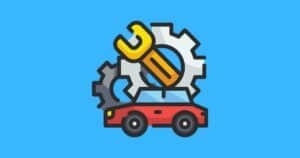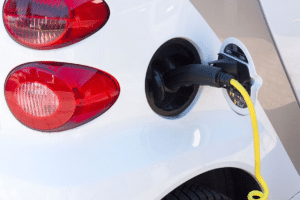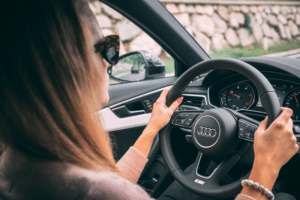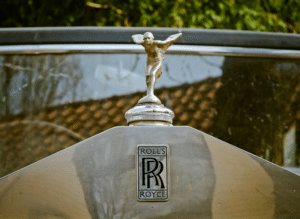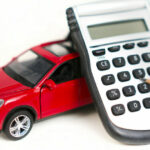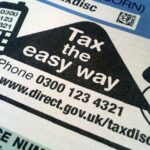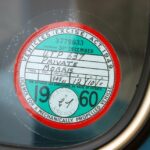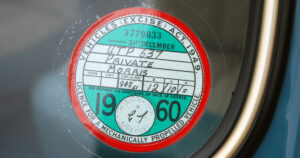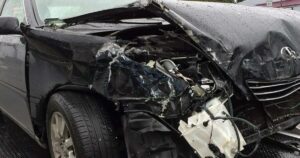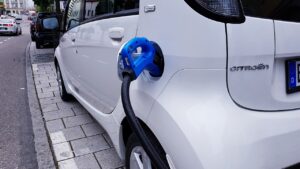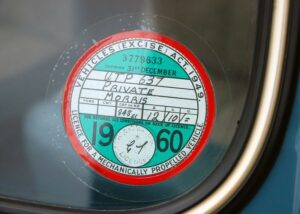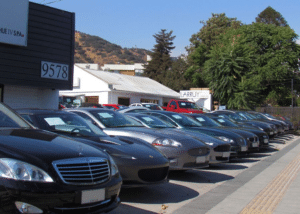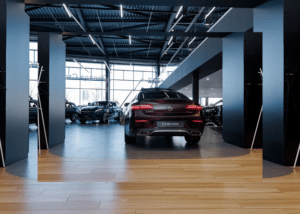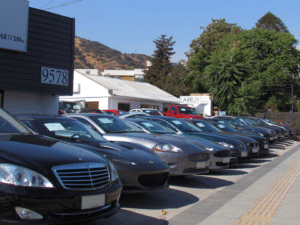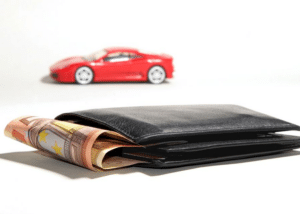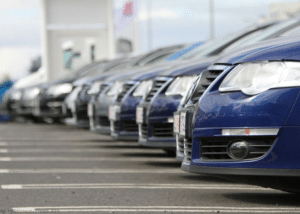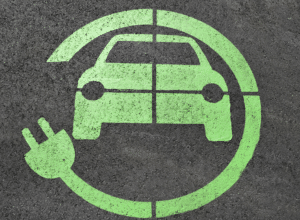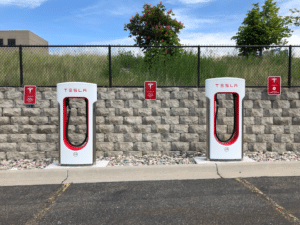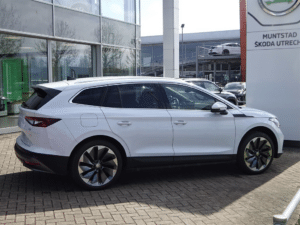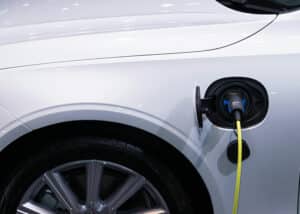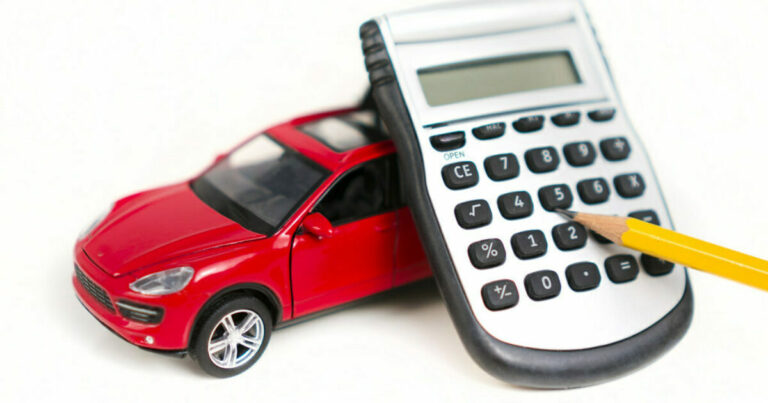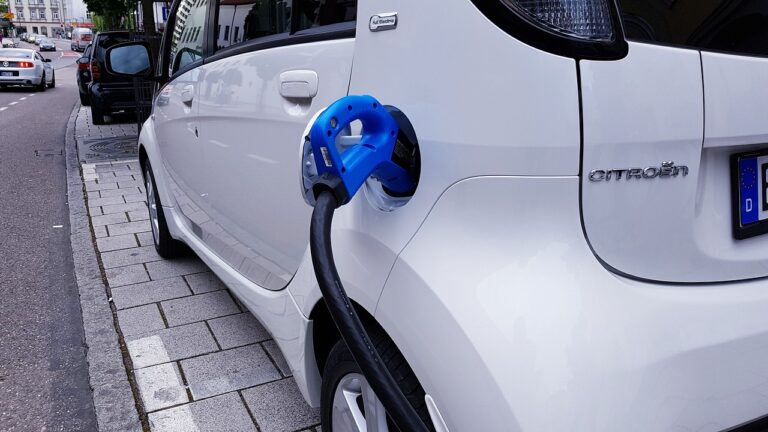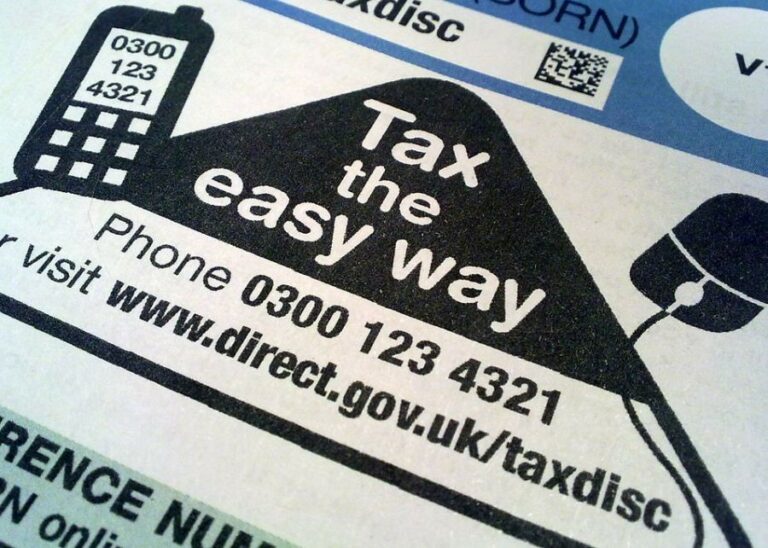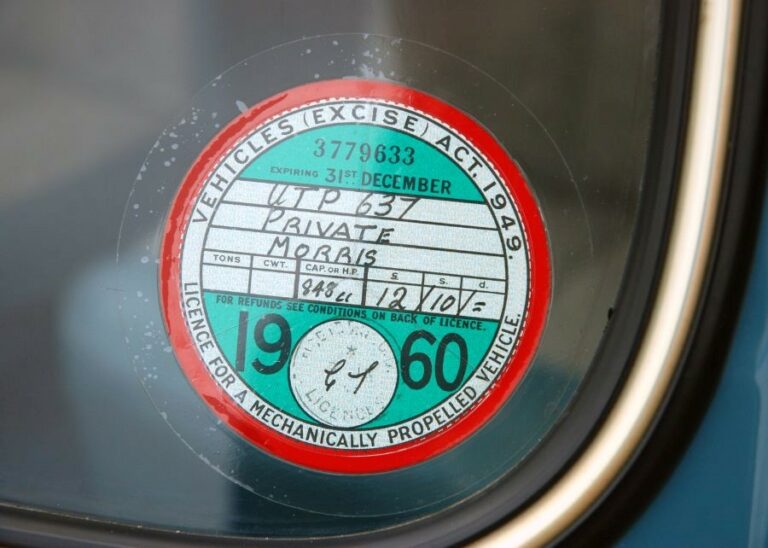Part exchanging a car is a way of trading your old car for a new one, by offsetting the value of the original car against the price of the next one1. It can be a convenient and hassle-free option, but it may not always give you the best price for your car.
One of the good things is that part exchanging a car can be a quick and easy way of upgrading your car, but it may not always be the best option for you.
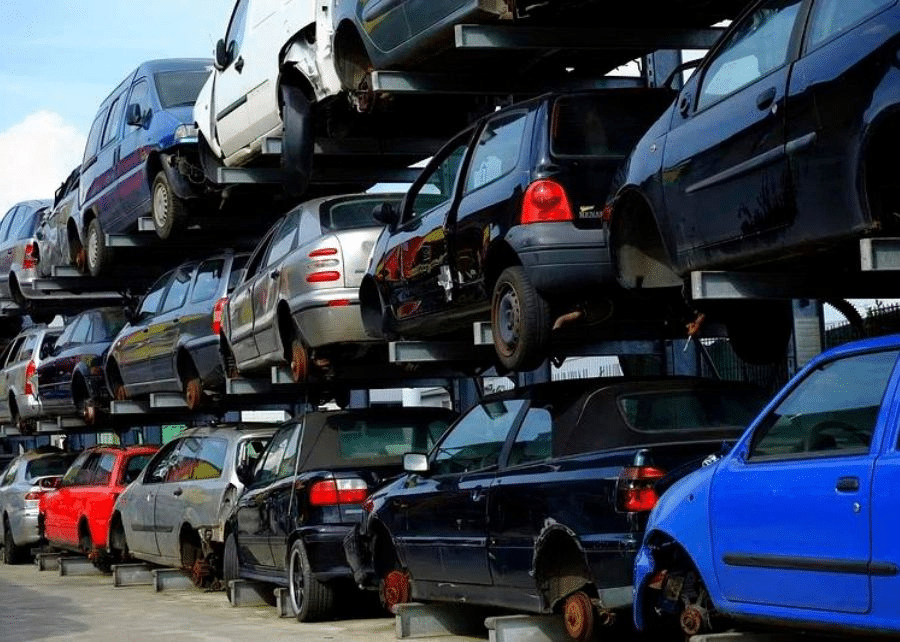
Is part exchange always a good choice?
Part exchanging your car is not always a good choice, as it depends on your circumstances and preferences. Here are some of the advantages and disadvantages of part exchanging your car that you may want to consider:
Advantages of part exchanging your car, according to The Car Expert:
You can avoid the hassle and uncertainty of selling your car on the open market, as you have a guaranteed buyer and no risk of a deal falling through.
You can save money on advertising fees, as you don’t need to market your car to potential buyers.
You can move faster, as you don’t have to wait for your car to sell or for other buyers to complete their transactions.
You can stay in your current car until your new car is ready, which can reduce the stress and inconvenience of moving.
Disadvantages of part exchanging your car, according to Parkers :
You may get a lower price for your car than you would on the open market, as the dealer will offer you a valuation based on a quick sale, not an asking price.
You may have a limited choice of new cars, as not all dealers offer a part exchange or accept all types of cars for part exchange.
You may miss out on other incentives or discounts that the dealer may offer to other buyers, such as cashback, finance deals, or free extras.
You may have less room for negotiation on the price or quality of your new car, as the dealer may have less incentive to make concessions or improvements.
Ultimately, the decision to exchange your car depends on your situation and preferences. You can always weigh the pros and cons and compare the offers from different dealers before making a final choice.
How does part exchange work?
Part exchanging your car is a way of using your current car as part payment for a new one. It can save you time and hassle compared to selling your car privately, and you can get a better deal on your new car. Here are the basic steps of how it works:
Find a new car that you want to buy from a dealer that offers a part exchange. You can use Auto Trader’s part exchange tool to find dealers that use Auto Trader’s guide valuation.
Get a valuation for your current car. You can always take your car to the dealer for an accurate valuation.
Negotiate the best price for your new car and your part exchange. The dealer will deduct the value of your current car from the price of the new one, and you only pay the difference. You can also use the part exchange value as a deposit if you are buying on finance.
Complete the paperwork and hand over the keys to your old car. The dealer will take care of the transfer of ownership and any outstanding finance on your current car, says Cinch. You can then drive away in your new car.
Part of exchanging your car can be a convenient and simple way of changing your car. However, you might get more money from selling it yourself, it could be worth a try. You could always shop around and compare different dealers’ offers.
How does the dealer calculate my old car’s part-exchange value?
The dealer calculates your old car’s part-exchange value based on several factors, such as:
The current mileage and condition of your car. A car with low mileage and minimal wear and tear will have a higher value than a car with high mileage and visible damage, says Perrys.
The supply and demand of your car. A car that is popular and in short supply will have a higher value than a car that is common and in surplus, according to The Used Car Guy.
The market data and trends of your car. A car that has a good reputation and holds its value well will have a higher value than a car that has a poor reputation and depreciates quickly.
The dealer’s profit margin and overheads. A dealer will offer a lower value for your car than the retail price they can sell it for, to cover their costs and make a profit.
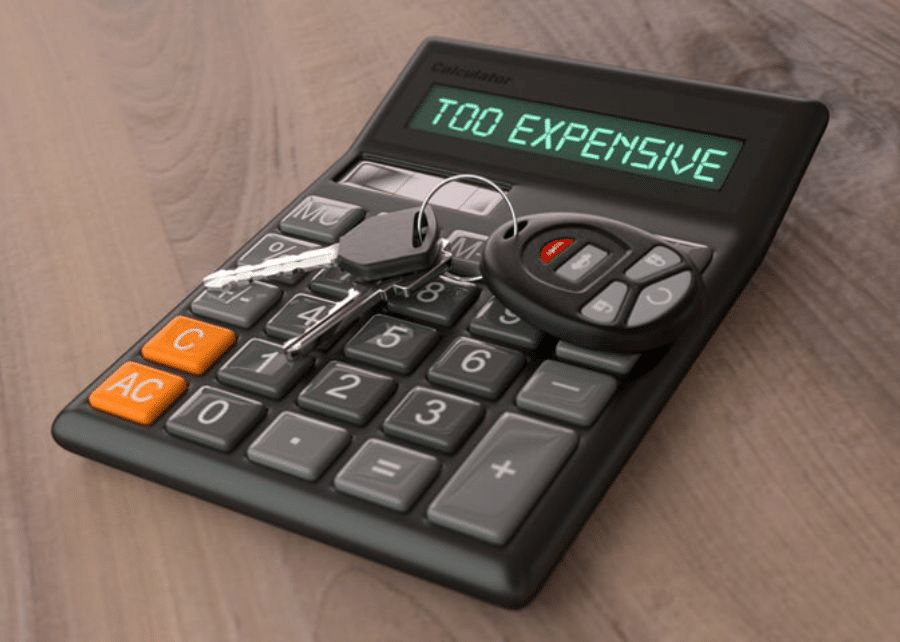
Can you part-exchange a car with outstanding finance?
Believe it or not, you can part exchange a car with outstanding finance, but there are some steps and factors you need to consider.
You need to contact your car finance company and ask for a settlement figure, which is the amount you need to pay to clear off the loan in full.
You need to get a valuation for your current car from the dealer you want to part exchange with and compare it with the settlement figure. This will tell you if you are in positive or negative equity, says Cinch.
According to Cinch, positive equity means your car is worth more than the settlement figure, and you can use the difference as a deposit or part payment for your new car. Negative equity, on the other hand, means your car is worth less than the settlement figure, and you may have to pay the difference or add it to your new finance agreement.
You can always try to negotiate the best price for your new car and your part exchange before you complete the paperwork and hand over the keys to your old car. The dealer will then pay off the settlement figure and transfer the ownership of your old car.
Part exchange vs. online car-buying services
Is it better to part exchange your car or sell your existing car via an instant valuation online with a car buying service? There are advantages and disadvantages to both options, depending on your preferences, budget, and time. Here is a summary of some of the main points that you might want to consider:
Part exchange is when you trade in your old car to a dealer and get a discount on the price of a new car. This is a convenient and quick way to sell your car, as you don’t have to deal with advertising, negotiating, or paperwork. However, you may get a lower price for your car than if you sold it privately or to an online car-buying service. You also have to buy a car from the same dealer, which may limit your choices and bargaining power, says The Car Expert.
Online car-buying services are companies that offer to buy your car from you, like ourselves here at Jamjar.com. We can show you a hassle-free and fast way to sell your car, as you don’t have to meet potential buyers, arrange test drives, or haggle over the price. You may also get a higher price for your car than if you part exchanged it too.
Selling your car privately is when you advertise your car online or offline and deal with buyers directly. This can be a rewarding and profitable way to sell your car, as you can set your price, negotiate with buyers, and get the full value of your car. You also have more freedom and flexibility to choose your new car from any source. However, this can be a time-consuming and stressful way to sell your car and you may also encounter scams, frauds, or timewasters.
There is no definitive answer to which option is better, as it depends on your circumstances and preferences. You may want to consider factors such as how quickly you want to sell your car, how much money you want to get, how much effort you want to put in, and how confident you are in dealing with buyers or dealers. You may also want to compare different offers from different sources and use online tools to get an accurate valuation of your car.
Is part of exchanging your car good value for money?
Part of exchanging your car is a convenient way to sell your old car and buy a new one at the same time. However, it may not be the best value-for-money option, as you might get less money for your old car than if you sold it privately. The part exchange value of your car depends on various factors, such as its age, mileage, condition, service history, colour, and optional extras. The dealer will also consider the demand and supply of similar cars in the market, and their profit margin.
According to AutoTrader, part exchanging your car can result in a lower value than selling it privately, as dealers need to cover their costs and resell your car. However, part exchanging your car can also save you time and hassle, as you don’t have to deal with advertising, negotiating, or paperwork.
Ultimately, the decision to part exchange your car depends on your personal preferences and circumstances. If you want to get the most money for your car, you might be better off selling it privately. But if you want to save time and hassle, and get a new car quickly, part exchanging your car might be a good option for you. To get an idea of how much your car is worth, you can use online tools such as ourselves and our free online car valuation tool to find out how much your car could be worth.
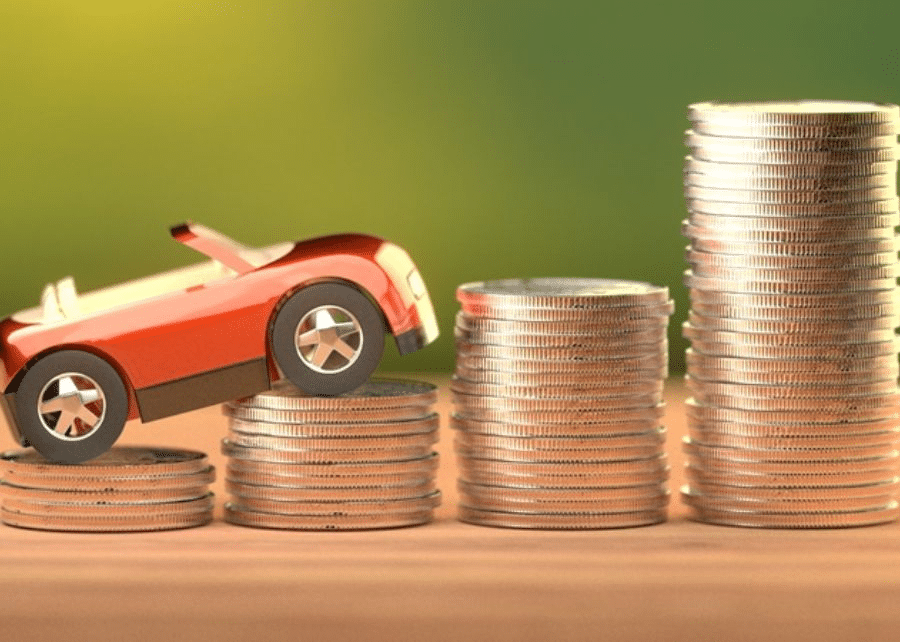
Part exchanging a car on finance such as HP (hire purchase) or secured loans
Part exchanging a car on finance means that your car dealer takes your existing vehicle in as part payment for your next car, whether you’re buying for cash or on finance. The great thing about it is you can part exchange your car on finance even if you haven’t reached the end of your Personal Contract Purchase (PCP) or Hire Purchase (HP) agreement. However, you need to contact your finance company and ask for a settlement figure, which is the amount you need to pay to clear off the loan in full, says Cinch.
If your car is worth more than the settlement figure, you are in positive equity and you can use the difference towards purchasing your next car. According to Cinch, if your car is worth less than the settlement figure, you are in negative equity and you need to pay the difference or roll it over into your new finance agreement.
Selling or part exchanging a car you’ve bought on HP finance is unlikely to be the most cost-effective outcome, as you will have higher monthly costs than PCP buyers and you may have to pay interest and fees to end the agreement early, says Motorpoint.
You can always compare the offers from different dealers and check the value of your car using online tools such as Parkers car price guide and if you can provide all the relevant documents and keys for your car, you’ll be helping to ensure the highest valuation.
What documents do I need to part exchange my car?
Part exchange car? What documents do you need, if any?
To part exchange your car, Car Shop recommends that you bring the following documents with you:
Your car’s V5C – otherwise known as your logbook. This is the official document that proves you are the registered keeper of the car.
Your original receipt of purchase from when you bought your current vehicle, will offer the dealer all the key information they need.
A valid MOT certificate. This shows that your car has passed the annual safety and emissions test and is roadworthy.
The original owner’s manual. This contains important information about your car’s features, maintenance, and warranty.
Your service history. This shows how well you have looked after your car and whether it has had any repairs or replacements.
Your main key and spare keys. This ensures that you can hand over all the access to your car to the dealer.
Your bank card or bank statement. This shows your sort code and account number and is dated within 3 months. This is needed to verify your identity and to transfer the money to you.
Your photo ID. This can be your driving licence or passport. This is also needed to verify your identity and to prevent fraud.
Two address IDs. These must be in your name and at your current address, which matches the address on your V5C. Acceptable documents include bank statements, gas/electricity bills, credit card statements, mortgage statements, council tax statements, and phone/water bills but these must be dated within 3 months. This is also needed to verify your identity and to prevent fraud.
These are the essential documents you need when it comes to part exchanging your car. Some dealers may ask for additional documents, such as proof of insurance, proof of finance settlement, or proof of private number plate retention, so always best to double-check with the dealer first what they require.
Is it better to sell or part exchange my car?
Part exchanging your car may be the most convenient and flexible way to change your car, as you can trade in your old car for a new one at the same place and time, and use the value of your car as a deposit or a discount for your next car.
You can also avoid the hassle and risk of selling your car privately or to trade, and you may get a better deal if there are incentives or promotions from the dealer. However, part exchanging your car may also give you a lower return than selling privately, as you have to accept the price offered by the dealer, which may be influenced by their stock, demand, and margin. You may also have less room for negotiation or comparison, and you may be limited by the choice of cars available at the dealer.
Ultimately, the best way to sell your car depends on what you value more: time, money, or convenience. You may want to compare different offers from different sources and check the value of your car using online tools such as our online valuation tool. You may also want to consider the condition, age, mileage, and popularity of your car, as these factors may affect the demand and price of your car in different markets too.

